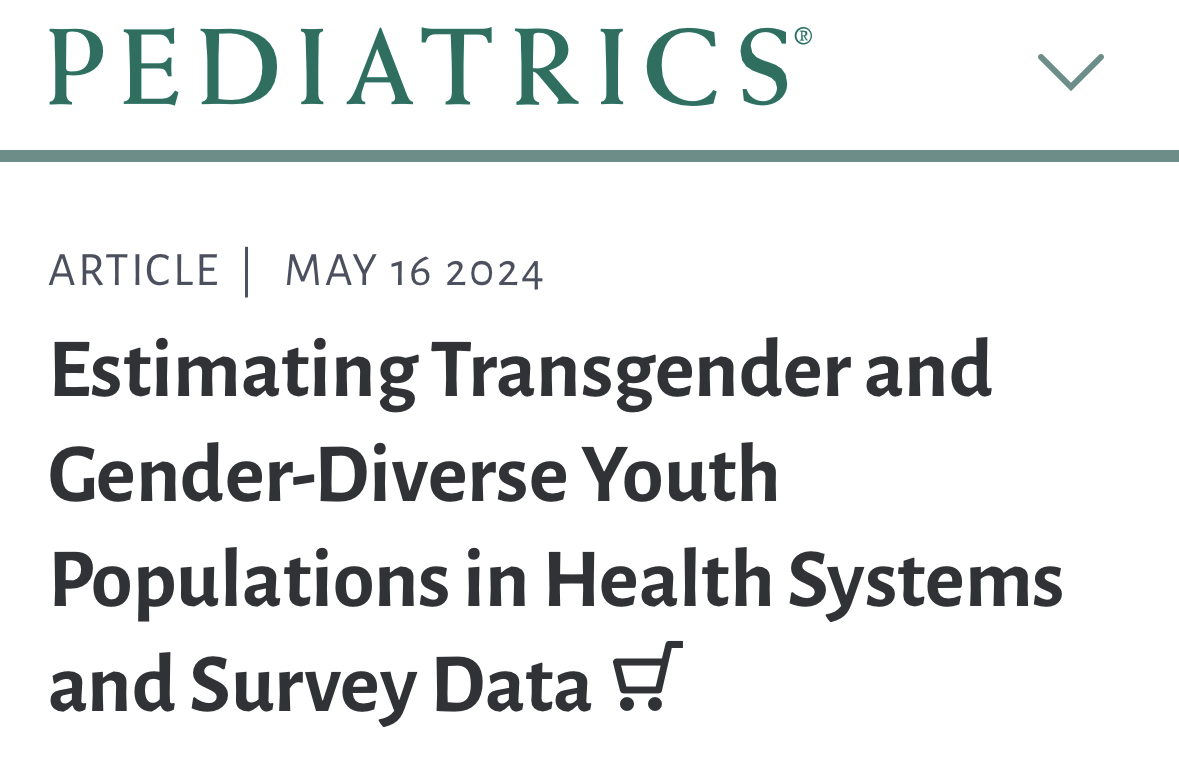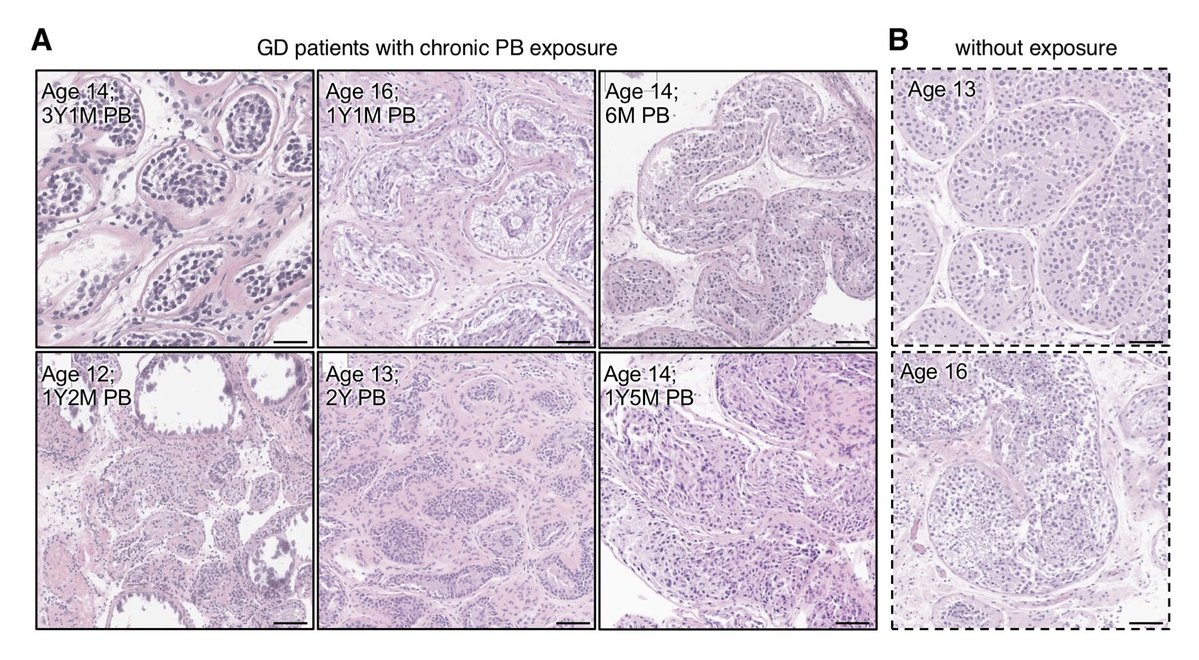The world's leading science journal, Nature, sinks to a new low: an article in their new "sex and gender in science" opinion series encourages researchers to incorporate transgender activism into their work to influence how research is conducted.
Link Below⬇️
Link Below⬇️

The authors of the new Nature article imply that certain scientific research has the potential to bring "harm" to the trans community. They propose various steps for researchers to incorporate transgender activism into their studies. buttonslives.news/p/the-end-of-a…
Of course, the possibility that "neuroscientific findings related to transgender identity will fuel transphobic narratives" is a top concern.
The authors discourage "investigations into the underlying bases of transgender identity" which can "pathologize" trans people.
The authors discourage "investigations into the underlying bases of transgender identity" which can "pathologize" trans people.
The source for the claim that some argue transgender women threaten the safety of "real women" is linked to an article about @Docstockk, where she explicitly states the opposite: "I am definitely not saying that trans women are particularly dangerous – they are definitely not." 

The authors also attempt to discredit autogynephilia by citing a "feminist analysis" paper by a trans activist. Apparently, they haven't spent any time on trans Reddit, where they would encounter a vast discourse on "gender euphoria boners." 

"Our hope is that Nature’s collection of opinion articles will equip researchers with the tools needed to help them persuade others that going back to assuming that male individuals represent everyone is no longer an option." 😵💫 nature.com/articles/d4158…
• • •
Missing some Tweet in this thread? You can try to
force a refresh









